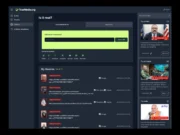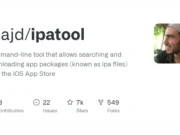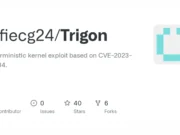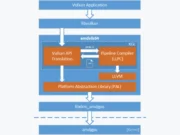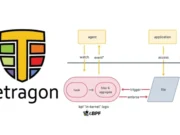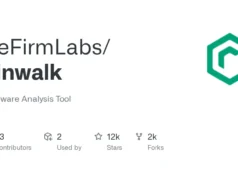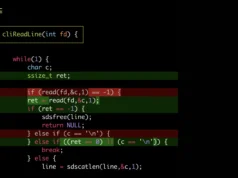Scout Suite is an open source multi-cloud security-auditing tool, which enables security posture assessment of cloud environments. Using the APIs exposed by cloud providers, Scout Suite gathers configuration data for manual inspection and highlights risk areas. Rather than going through dozens of pages on the web consoles, Scout Suite presents a clear view of the attack surface automatically.
Scout Suite is stable and actively maintained, but a number of features and internals may change. As such, please bear with us as we find time to work on, and improve, the tool. Feel free to report a bug with details (please provide console output using the --debug argument), request a new feature, or send a pull request.
Also Read – FudgeC2 : A Collaborative C2 Framework For Purple-Teaming Written In Python3, Powershell & .NET
Support
The following cloud providers are currently supported/planned:
- Amazon Web Services
- Microsoft Azure (beta)
- Google Cloud Platform
- Alibaba Cloud (early alpha)
- Oracle Cloud Infrastructure (early alpha)
Also Read – Aura Botnet : A Super Portable Botnet Framework With A Django-Based C2 Server
Requirements
Scout Suite is written in Python and supports the following versions:
- 3.5
- 3.6
- 3.7
The required libraries can be found in the requirements.txt file. We recommend using a virtual environment.
Via PIP
$ virtualenv -p python3 venv
$ source venv/bin/activate
$ pip install scoutsuite
$ scout –help
$ git clone https://github.com/nccgroup/ScoutSuite
$ cd ScoutSuite $ virtualenv -p python3 venv
$ source venv/bin/activate
$ pip install -r requirements.txt
$ python scout.py –help
Scout Suite is a multi-threaded tool that fetches and stores your cloud account’s configuration settings in memory during runtime. It is expected that the tool will run with no issues on any modern laptop or equivalent VM.
Note that running Scout Suite in a VM with limited computing resources such as an AWS t2.micro instance is not intended and may result in the process being killed.
Compliance
Use of Scout Suite does not require AWS users to complete and submit the AWS Vulnerability / Penetration Testing Request Form. Scout Suite only performs API calls to fetch configuration data and identify security gaps, which is not considered security scanning as it does not impact AWS’ network and applications.
Use of Scout Suite does not require Azure users to contact Microsoft to begin testing. The only requirement is that users abide by the Microsoft Cloud Unified Penetration Testing Rules of Engagement.
References:
- https://docs.microsoft.com/en-us/azure/security/azure-security-pen-testing
- https://www.microsoft.com/en-us/msrc/pentest-rules-of-engagement
Google Cloud Platform
Use of Scout Suite does not require GCP users to contact Google to begin testing. The only requirement is that users abide by the Cloud Platform Acceptable Use Policy and the Terms of Service and ensure that tests only affect projects you own (and not other customers’ applications).
References:
The following command will provide the list of available command line options:
$ python scout.py –help
You can also use this to get help on a specific provider:
$ python scout.py PROVIDER –help
For further details, checkout our Wiki pages at https://github.com/nccgroup/ScoutSuite/wiki.
After performing a number of API calls, Scout will create a local HTML report and open it in the default browser.
Also note that the command line will try to infer the argument name if possible when receiving partial switch. For example, this will work and use the selected profile:
$ python scout.py aws –profile PROFILE
Assuming you already have your provider’s CLI up and running you should have your credentials already set up and be able to run Scout Suite by using one of the following commands. If that is not the case, please consult the wiki page for the provider desired.
$ python scout.py aws
$ python scout.py azure –cli
$ python scout.py gcp –user-account





